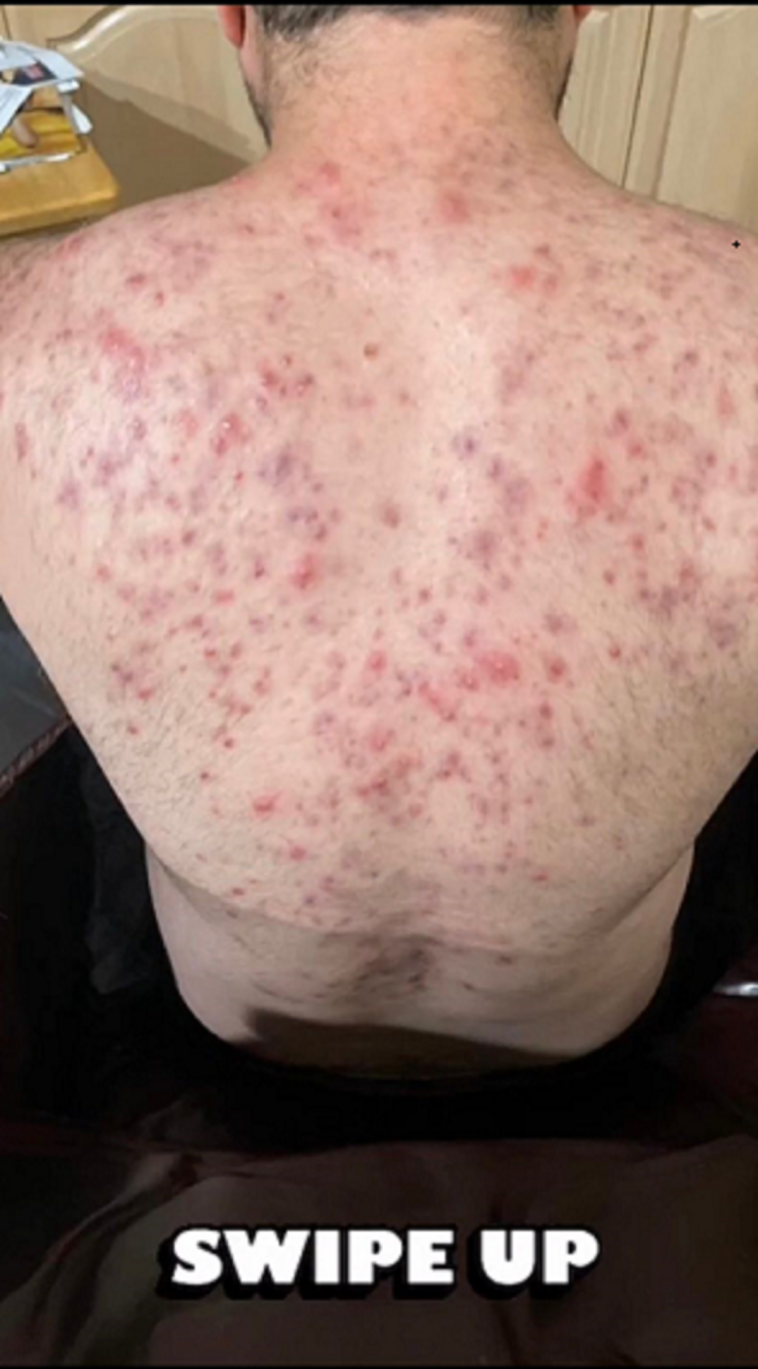Body alerts are more present when possible health issues are at bay. When ignored, these warnings may lead to more harmful health problems. Not all of them are a cause for concern. However, better be safe than sorry.
*This article is purely informational. You are advised to see a doctor for further medical professional advice.
1. Dandruff and hair loss

When dandruff is paired with hair loss is a sign of vitamin and nutrient deficiency. The most common is the lack of zinc, iron, and vitamins B2, B3, B6, and B7.
2. Wrinkled hands

Wrinkles that appear from aging are normal. However, when your hands and fingers look more wrinkled and lose elasticity can mean dehydration, problems with the thyroid, or bad blood circulation.
3. White patches on the tongue

The white patches on your tongue might appear because of poor oral hygiene. On the other hand, they might be a sign of oral thrush that people with diabetes often have.
4. Skin rashes

Skin rashes can appear for many reasons. One of them might be infections or touching certain plants. If they get infected can become dangerous for your health.
5. Swollen ankles

Swollen ankles mean you consume too much salt. Also, they can be a sign of bad blood circulation or underactive thyroid glands.
6. Dry eyes

The burning sensation or inflammation of the eye means they are dry. It might be a sign of Sjogren’s syndrome, a disorder of the immune system, which also leads to a dry mouth.
7. Bloating

Bloating might be a sign of food sensitivity. You might be allergic to some foods or intolerant, which makes your stomach expand because of the gas released.
8. Bruises

Advertisement
If you find unexpected bruises on your body, you might lack vitamins. Also, it can be a sign of blood clotting disease.
9. Constant thirst

Being hydrated is important. However, anything too much is not good. Feeling always thirsty and having frequent urination might be a symptom of prediabetes.
10. Muscle twitches

Muscle twitching can happen during physical activities. However, it could mean stress, lack of sleep, kidney disease, or neurological disorder.
11. Snoring

Sometimes chronic snoring can be a sign of OSA (obstructive sleep apnea). You might need a medical device to breathe without problems during the night.
Are you aware of your body alerts? Do you check yourself up at the doctor’s office often? Tell us more in the comments.


